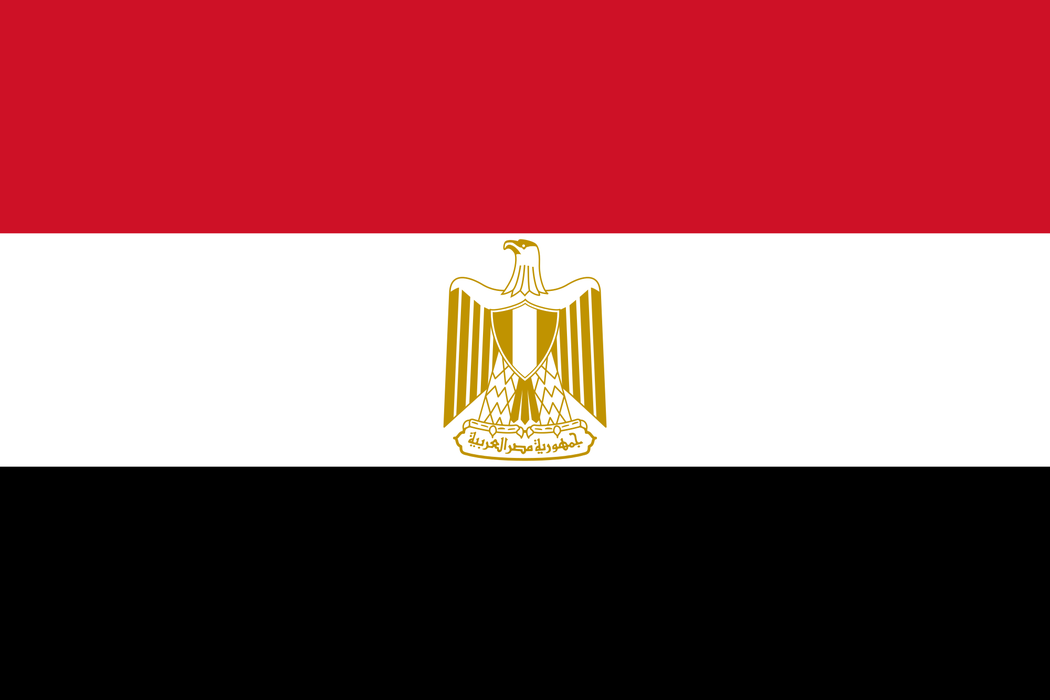
#Egypt’s Parliament passes law granting military role in protecting vital facilities
— Daily News Egypt (@DailyNewsEgypt) January 30, 2024
Read more: https://t.co/DvPSQ5y7uf pic.twitter.com/XdeMq8IbPH
Association
On 28th January 2024, the Egyptian parliament passed the Law No. 3 of 2024 on Guarding and Protecting the State’s Public and Vital Facilities and Buildings. Parliament also approved numerous amendments to Law No. 25 of 1966 on the Military Code of Justice that are expected to be published in the Official Gazette shortly. The new law effectively turns the military into an internal security and judicial institution whenever the president deems fit. In particular, the new law empowers armed forces to assist the police agencies and coordinate fully with them in securing and protecting public and vital facilities such as electricity towers, gas pipelines and railways, among others. The officers of the armed forces are also empowered to assist police agencies to ‘confront acts or aggressions that are likely to disrupt the work of public and vital facilities.’
Peaceful Assembly
The peaceful assembly situation in Egypt was discussed at a side event organised by the Union Against Torture during the 55th session of the United Nations Human Rights Council. The Executive Director of the Committee for Justice pointed to the alarming situation in Egypt, where the right to peaceful assembly is criminalised by strict legislation. The absolute power of security forces to ban protests and use force against demonstrators has resulted in excessive and lethal measures. As noted at the event, the Colonial Assembly Law (No. 10 of 1914) and the Demonstration Law (No. 107 of 2013) continue to contribute to the suppression of peaceful assembly, with severe penalties ranging from imprisonment to hefty fines.
Expression
Several restrictions on human rights defenders and civil society activists were documented during the reporting period including:
On 17th February 2024, a prominent pro-government television anchor and a member of the government’s Supreme Media Regulatory Council, described Ahmed Salem, the director of the Sinai Foundation for Human Rights, on TEN television as an agent linked to terrorist groups and the Israeli Mossad, among other allegations presented without evidence. Several organisations issued a solidarity statement with Salem.
On 6th February 2024, an Egyptian court sentenced the prominent politician Ahmed Tantawy, along with his campaign advisor and 21 of his detained supporters, to a year in prison for alleged offences associated with his presidential challenge to President Abdel Fattah al-Sisi. “The Egyptian authorities should immediately throw out the abusive charges against Tantawy and his supporters, which are nothing more than retaliation for his peaceful campaign to challenge President Sisi” said Amr Magdi, senior Middle East and North Africa researcher at Human Rights Watch.
As documented by AFTE, the Cairo Criminal Court (First Circuit Terrorism) renewed the detention of poet Galal Al-Behairi for 45 days, pending investigations under lawsuit No. 2000 of 2021 (Supreme State Security Prosecution), which is the third lawsuit against Al-Behairi after his arrest for writing the song “Balaha” which criticises the policies of the current president.
Egypt’s Journalists Syndicate stands in support of reporter Sally Nabil after being suspended by the British Broadcasting Company for liking pro-Palestinian tweets on her personal account.https://t.co/88pSk7DYYp
— Egyptian Streets (@EgyptianStreets) February 21, 2024
In mid-February 2024, BBC’s management arbitrarily suspended Sally Nabil, its bilingual correspondent. This arbitrary suspension has been criticised by Egyptian and international civil society groups. The Egyptian Initiative for Personal Rights (EIPR) and the Committee for Justice (CFJ) condemned the suspension which is allegedly in relation to Nabil liking a tweet expressing solidarity with Palestine, leading to accusations of policy violation, social media misuse, and bias against Israel. As reported by Ahram online, the Journalists Syndicate’s board expressed unwavering support of Nabil, emphasising that the BBC’s investigation of her is an attack on Arab journalists and a "continuation of the Israeli army’s oppression against Palestinians."
On 20th February 2024, Lina Atalah, the Editor in Chief of Mada Masr, was released on bail of EGP 5,000 (USD 107) after being questioned on charges of “publishing false news” and “managing a website without a licence”. The charges stem from the website’s coverage of Israel’s offensive in Gaza in October 2023. As noted by WHRD MENA this was not the first time Atalah and Mada Masr journalists have been judicially harassed. PEN International also issued a statement condemning the Egyptian authorities’ decision to revive a retaliatory investigation against the independent news service.